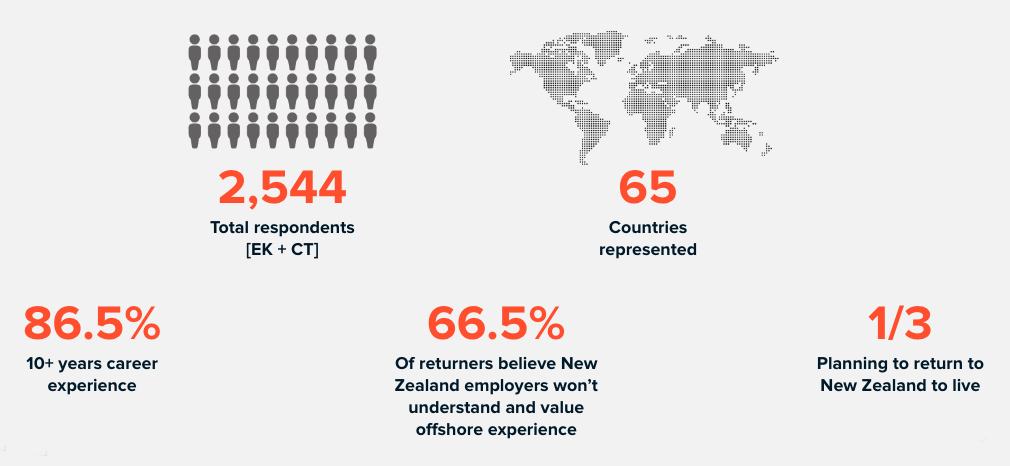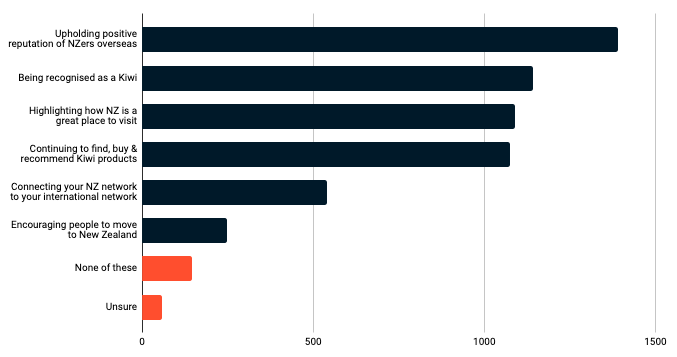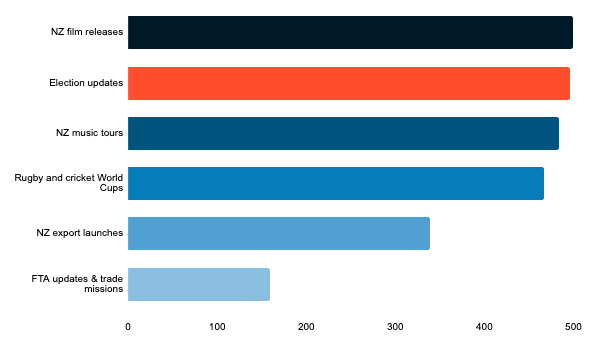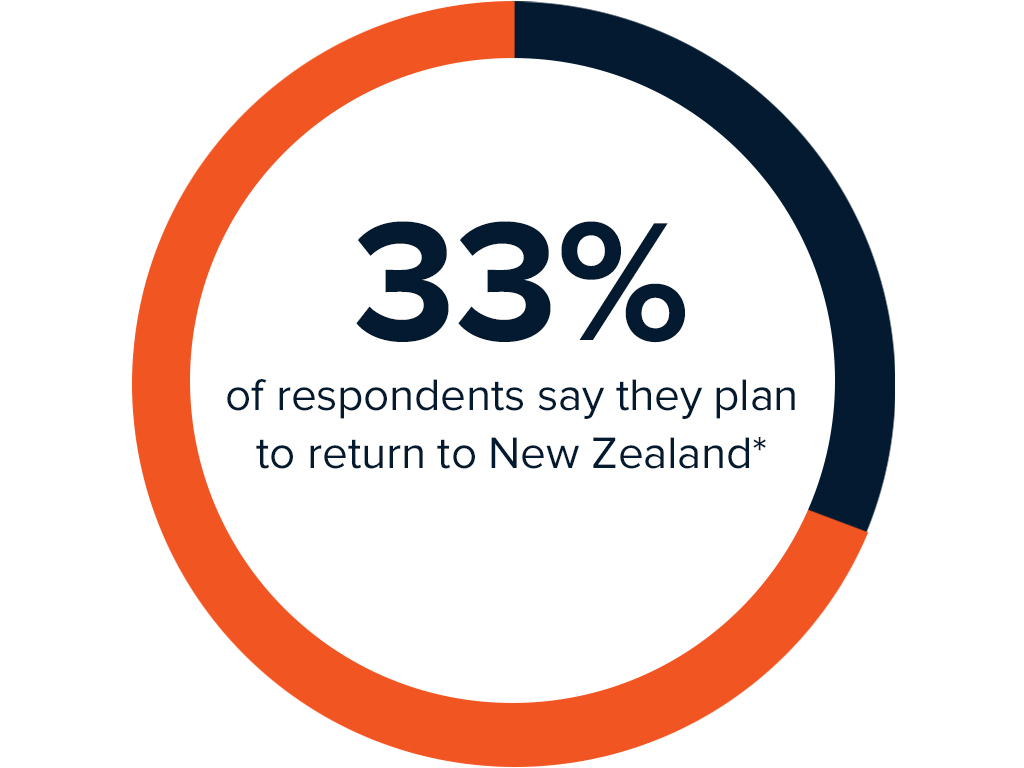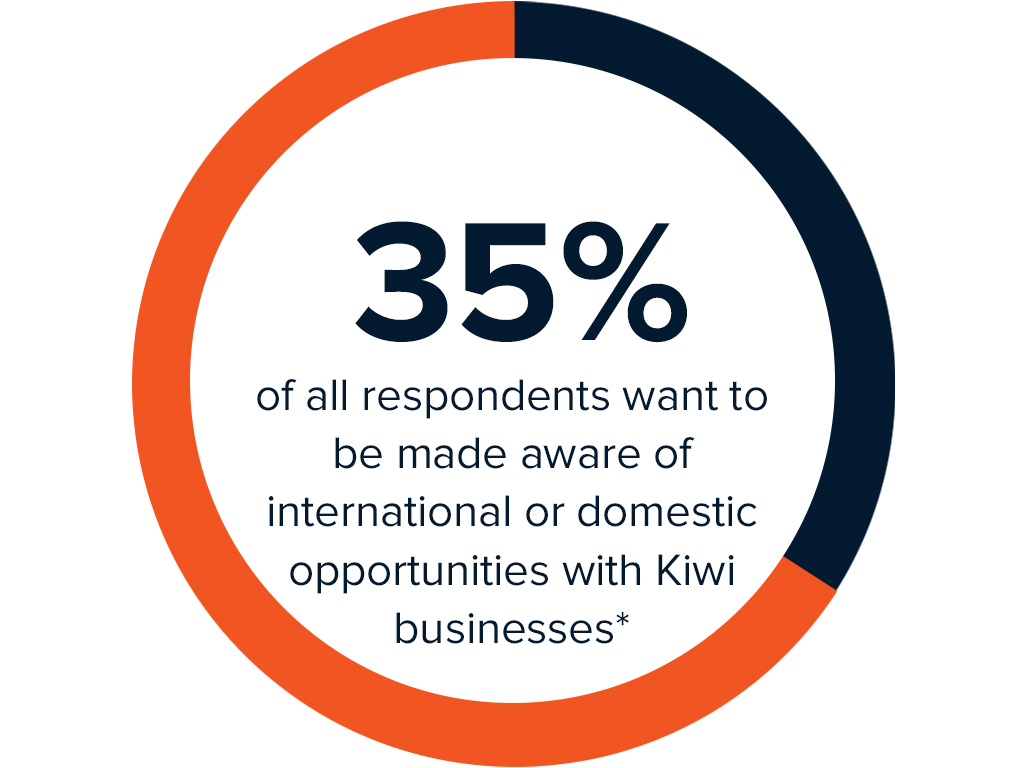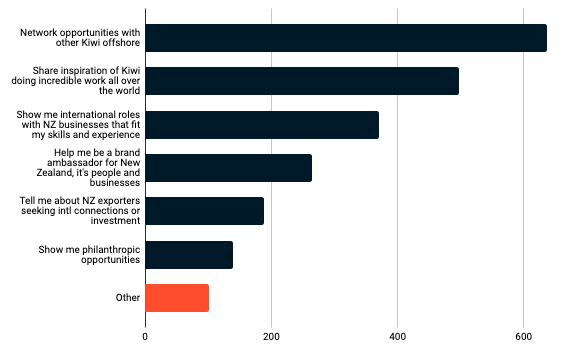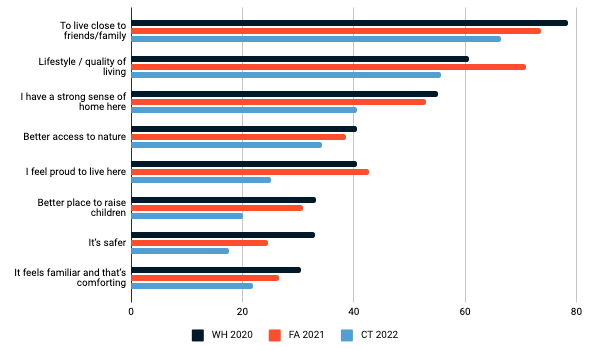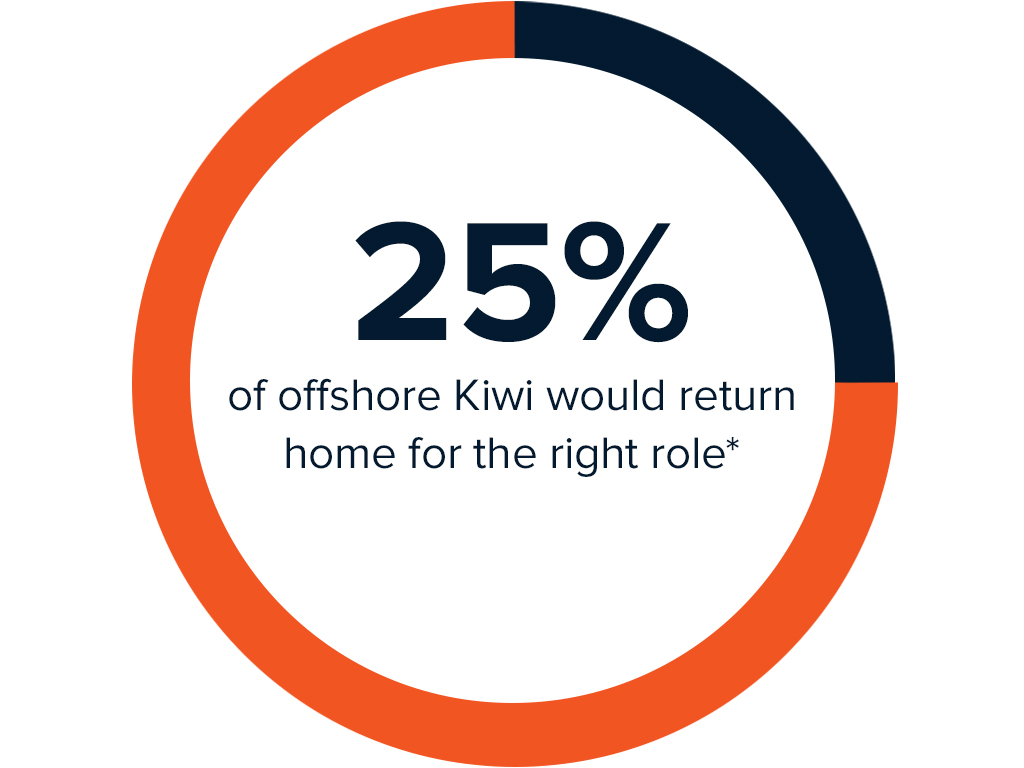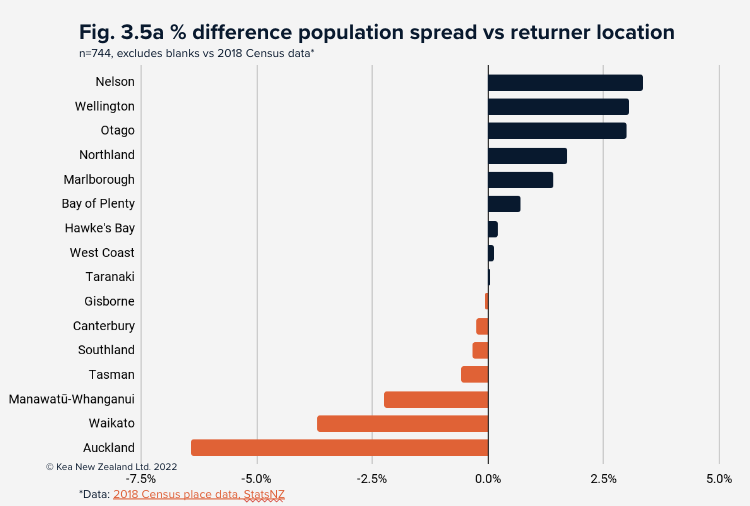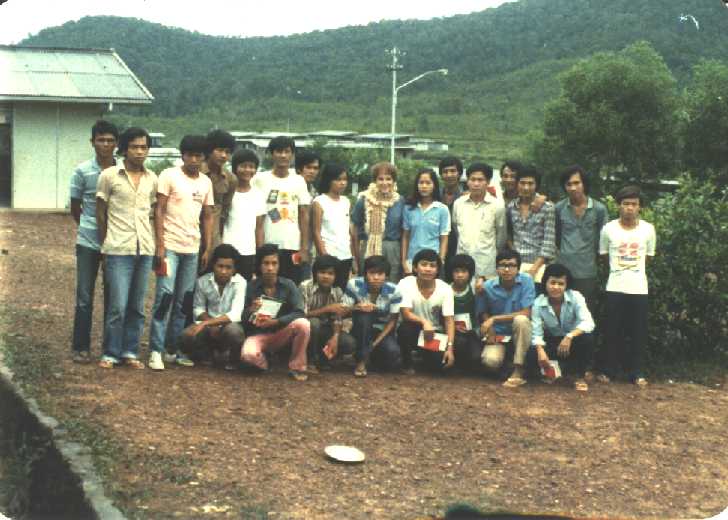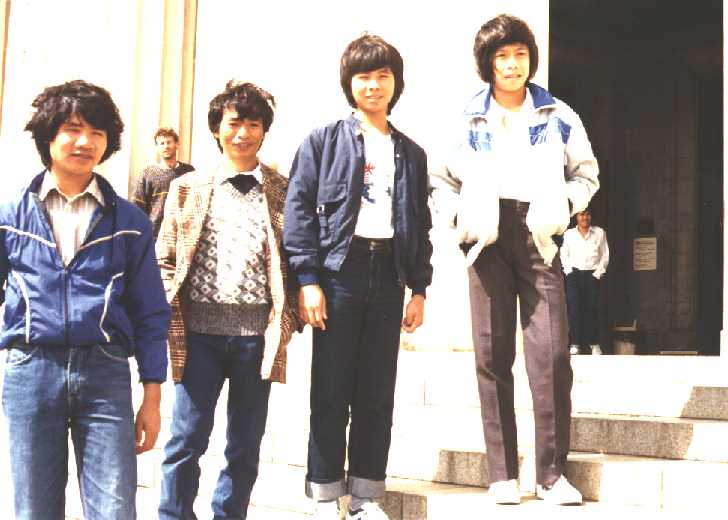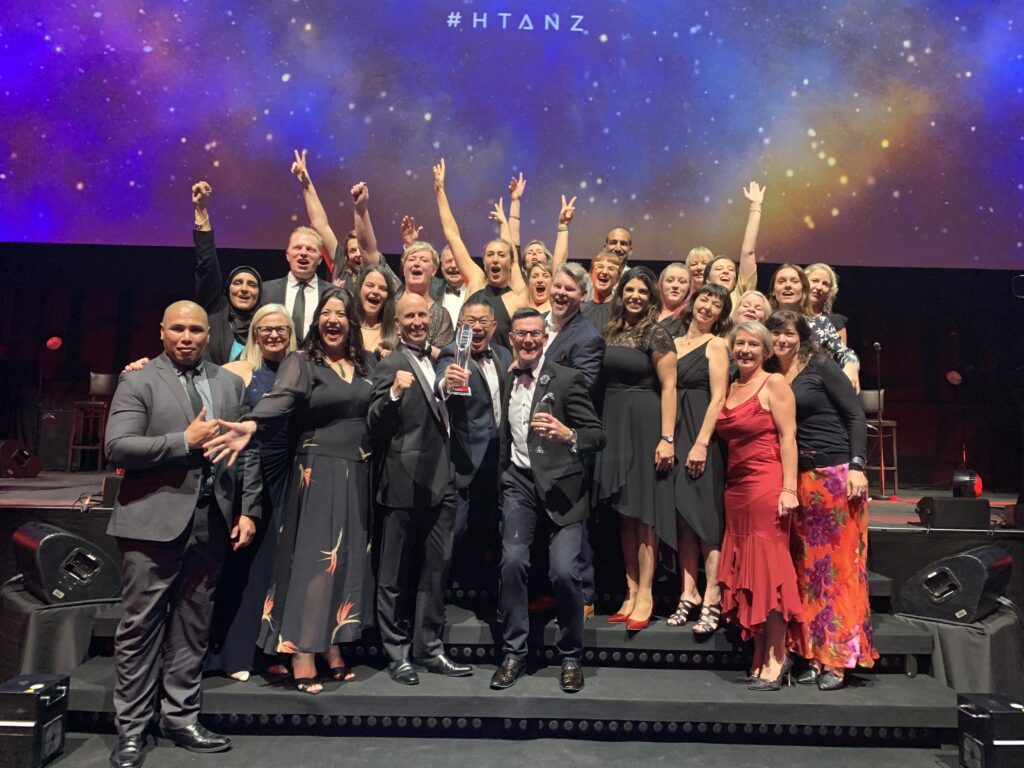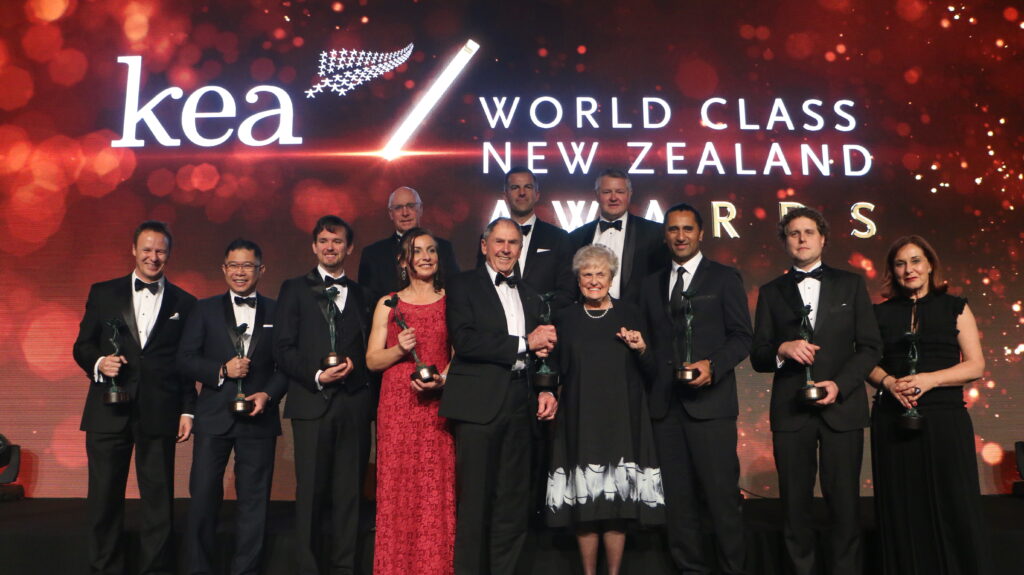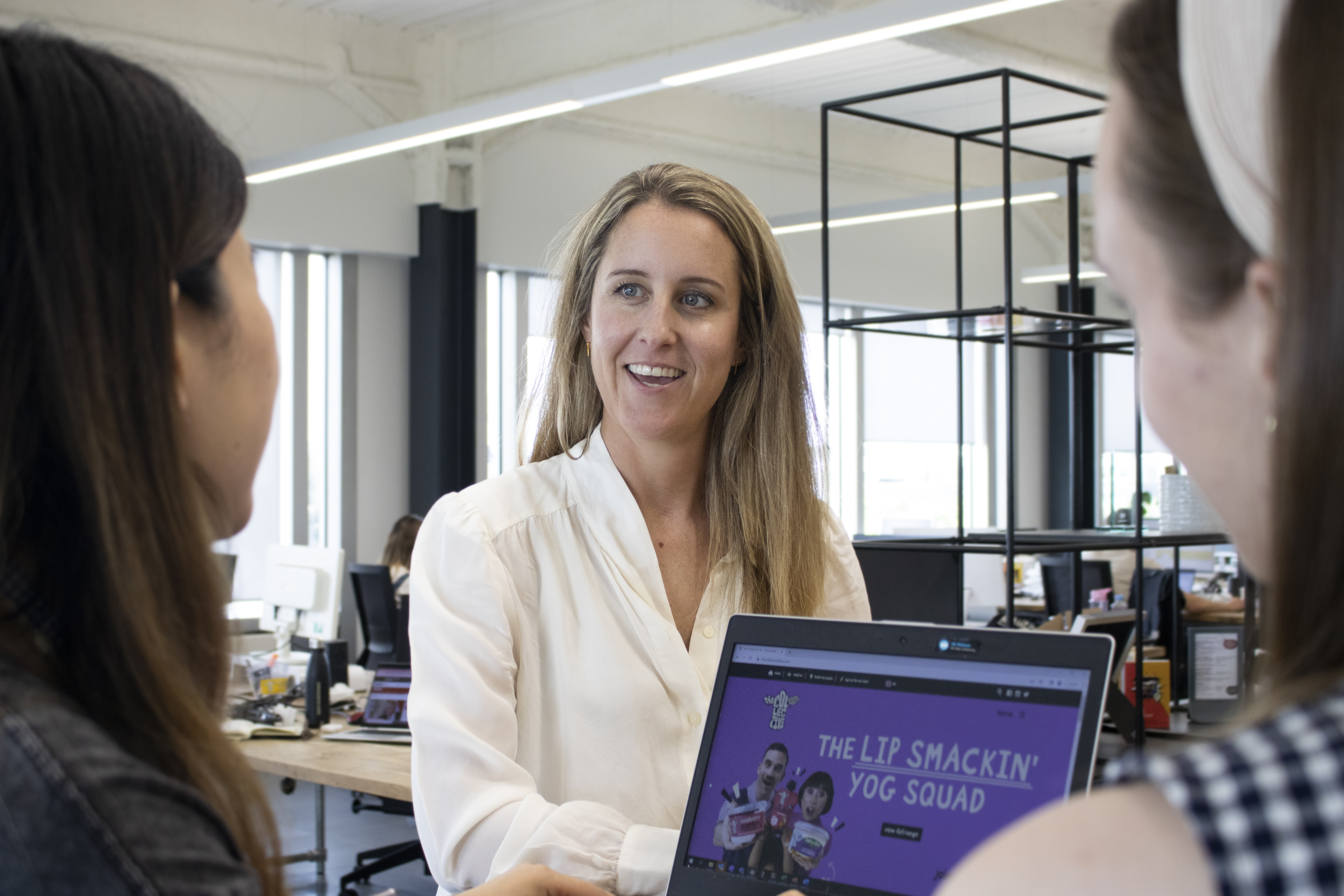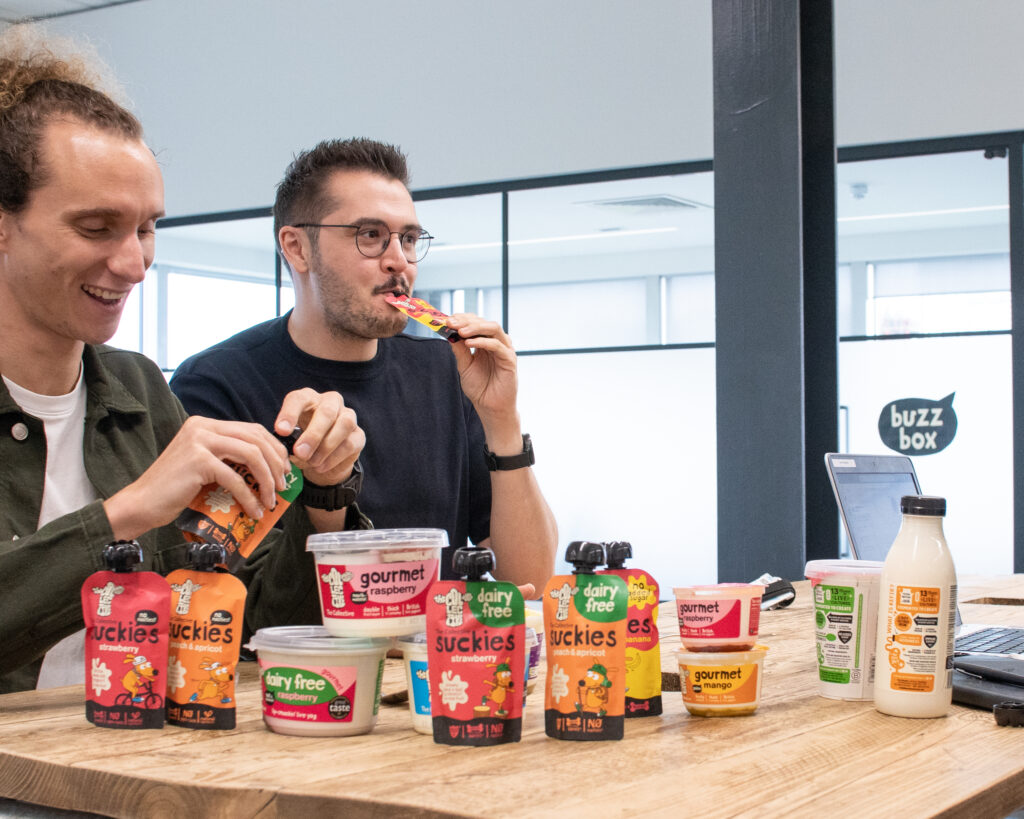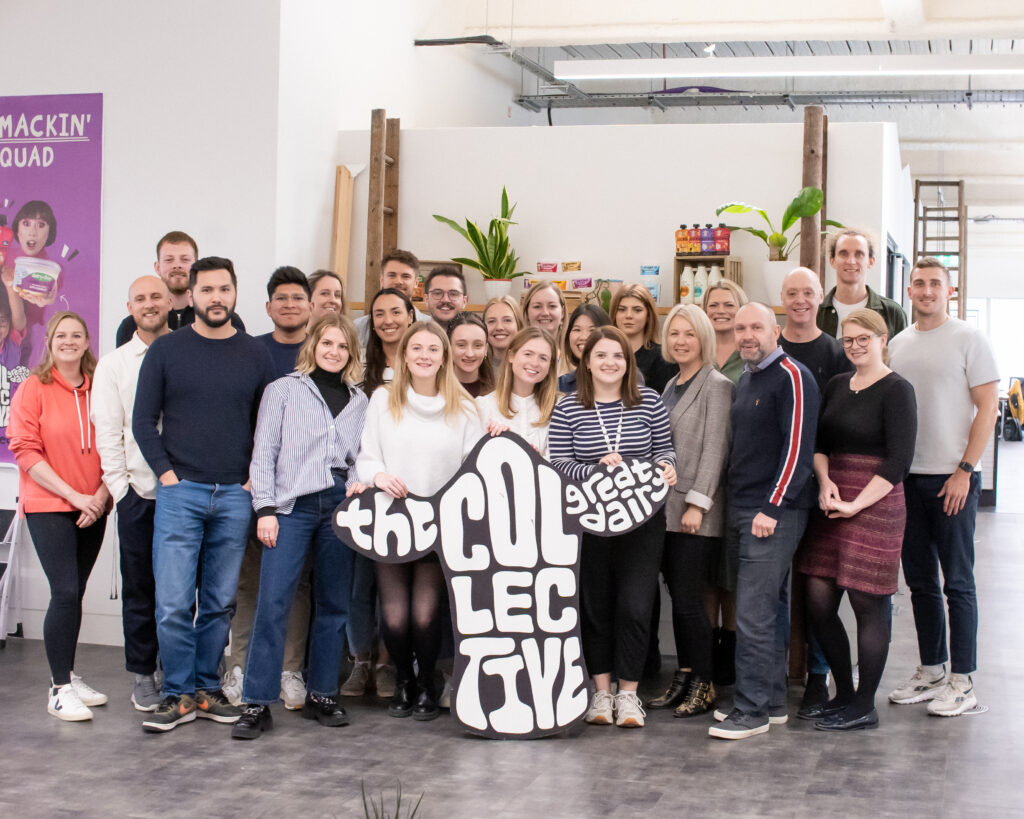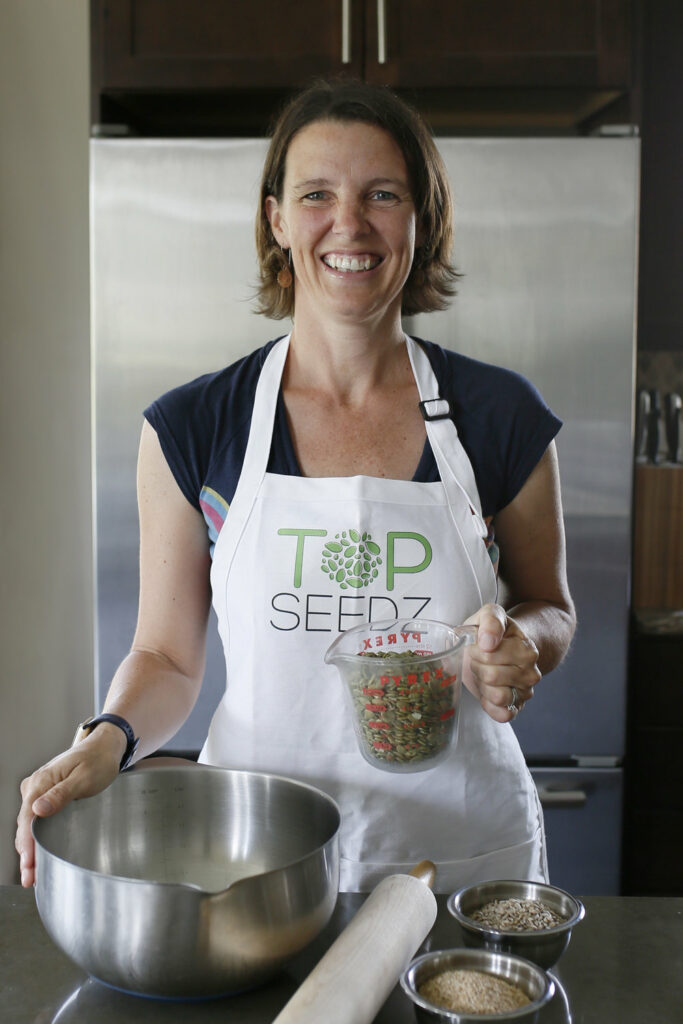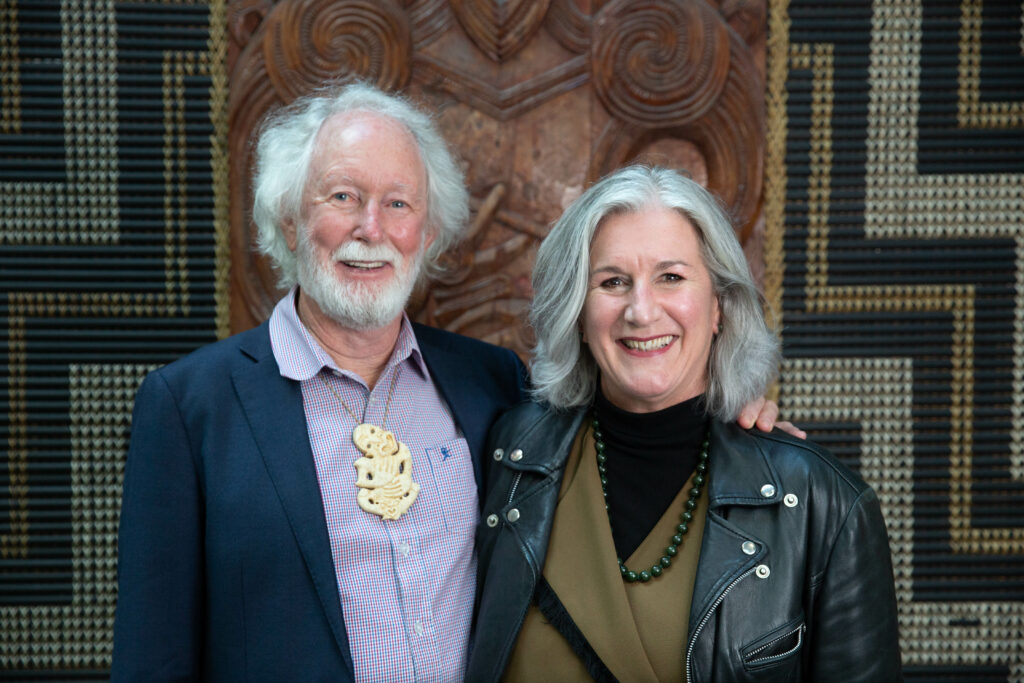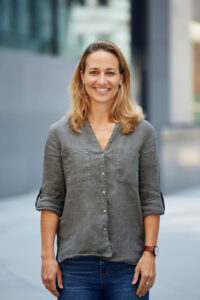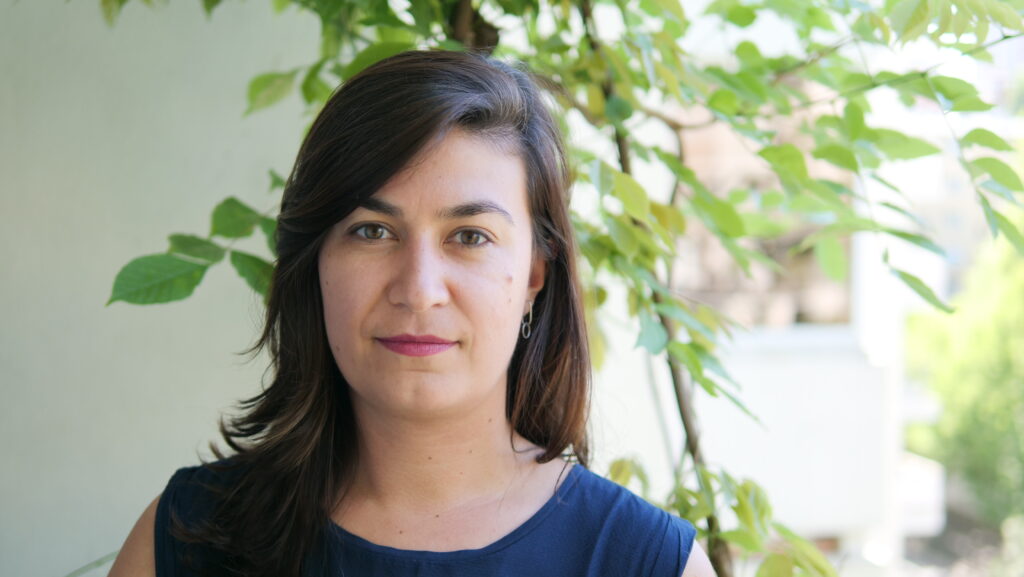North America
Good news for Kiwi Cleantech exporters this month with the Biden Administration’s Inflation Reduction Act (IRA), promoting green industrialisation in the US. Although navigating domestic content requirements will be challenging, New Zealand exporters can now strategically position themselves to leverage these opportunities as investments in clean energy projects surge. This will create closer economic ties with the US while contributing towards a greener and more sustainable future for both nations.
Kiwi talent will be on show in a few weeks when South by Southwest (SXSW) takes centre stage in Texas. The conference and festival event is one of the largest in the world spotlighting the music, film, and interactive media industry, annually drawing huge crowds to Austin. For New Zealand companies, SXSW is a gateway to the US market offering countless opportunities to showcase businesses and forge connections.
Representing New Zealand at SXSW this year are luminaries like Kea World Class New Zealander and Co-Chair Linda Jenkinson, alongside tech pioneers Sally Hodges, Anton Mitchell, and Jessica Manins, who will delve into the challenges and unique prospects of the Kiwi tech scene. Kea WCNZer Sir Richard Taylor, founder of WETA and an Academy Award winner, will also join a panel of futurists exploring cutting-edge concepts. New Zealand’s film industry will also shine with productions like Lucy Lawless’ “Never Look Away” and Josephine Stewart-Te Whiu and Taika Waititi’s “We Were Dangerous” premiering at the event. Additionally, a lineup of New Zealand musicians, including ASHY, Swallow the Rat and Jess Cornelius, among others, grace the SXSW stage, highlighting Kiwi musical talent.
While Kiwi tech talent may be on show at SXSW, businesses looking for investment or acquisition will need to be across new US tax laws which may make these options less appealing for American investors. A tax change recently passed in the US now requires the cost of people working in research and development in places like New Zealand to be capitalised and depreciated over a 15-year period. This could affect Kiwi entrepreneurs who are looking to raise capital offshore as the added tax burden could make these companies less attractive to invest in or acquire. It could also limit the likelihood of US tech companies establishing engineering centres in New Zealand which would reduce opportunities for talent transfer and innovation.
Gary Fortune, Kea North America Regional Director
UK and Europe
This month, the NZ Winegrowers hosted their Annual Trade Tastings in London and Dublin, emphasising the significant contribution of New Zealand wine to the UK and Irish markets. These tastings provide opportunities for UK trade professionals to discover new wines, vintages, meet winemakers, and learn about the latest trends in New Zealand wine. It was encouraging to see strong support from the local New Zealand Food & Beverage community and a renewed enthusiasm for homegrown wines.
Recent data shows the UK market enjoys a substantial contribution of $1 billion from New Zealand wine sales in the UK alone, particularly in the still wine category, offering significant opportunities for growth and development within the industry. New Zealand wine still commands a premium of 25% above the category average, and in 2023, sales of New Zealand still wine surged by 7.7%, outpacing the overall growth rate of the still wine category in the UK, which stood at +2.2%. This robust performance underscores the strong demand and increasing popularity of New Zealand wines among UK consumers.
Also, this month upcoming changes to hospitality legislation are set to impact service charge distribution, aiming to ensure fair compensation for hospitality staff. The new law, effective from 1 July 2024, mandates that all tips and service charges must go directly to employees, providing greater financial security for workers in the industry. While tipping and service charges are commonplace in the UK, varying from 5% to 15% of the total bill, the legislation seeks to standardise practices and ensure equitable treatment of hospitality staff.
Several New Zealand focused events have been held in the UK this month. Notably Westminster Abbey hosted a special evensong in collaboration with the NZ High Commission to mark Waitangi Day and The NZ Society also held the Waitangi Day Church Service and The Waitangi Day Charity Ball, where the UK New Zealander of the Year Award winner Julia Maile, was announced. Julia is a remarkable individual who founded the charity MerryGoRound which sees children’s clothing passed from one family to another, creating a cycle of care and generosity. Julia’s story serves as a powerful reminder of the transformative power of compassion and action, and Kea congratulates her on being recognised for her work.
Sara Fogarty, Kea UK/Europe Regional Director
China
The second weekend in February marks the beginning of the Year of the Dragon in China. This year, the country celebrated with an eight day extended holiday. The four weeks of the Chinese New Year period is not only a time for those in China to reunite with family, it also provides a huge boost to the “holiday economy” and during this time many New Zealand businesses exporting to China will see a boost in sales. One Chinese shopping platform, JD.com, who took part in a special Chinese New Year Gala broadcast successfully sold 2,000 sets of 100% New Zealand imported wool quilts, worth over RMB 2 million (NZD456,706), over the four hour nationwide live TV show which is hosted on Chinese New Year’s eve. This show commanded an average of 30.3% of viewers across China on this date.
Outbound travel has once again become the favourite way to enjoy the holiday time. Anti-seasonal destinations represented by New Zealand, Australia, and South Africa remain the top three popular destinations. One top travel agent under the Alibaba Group, saw its New Zealand Chinese New Year travel packages sell out five weeks before the holiday began.
This month, China has also been in the headlines when it comes to high-tech development. One of Beijing’s state owned hospitals is using a ‘brain-computer interface”, developed by the hospital team, with implantable epidural electrodes which enabled a quadriplegic patient to realise brain-controlled functions such as drinking water on his own, with a grip accuracy rate of more than 90%. China has long been known for its tech developments and Kea receives a number of project requests for support in this sector. It will be interesting to see how businesses from both counties continue to collaborate as the year moves on.
Rebecca Bao, China Regional Director

New Zealand
The Government is warning fiscal forecasts in the May budget are unlikely to look better than the half-year update delivered in December. Finance Minister Nicola Willis attended the 2024 New Zealand Economics Forum at Waikato University this month, and said she was not relying on any economic improvement when preparing her first budget. She warned higher interest rates were having an effect on employment which would have a “profound human impact” and “make a dent in the Government’s books”. Some economists feel the Reserve Bank could raise the Official Cash Rate above its current 5.50% level, which would have a negative impact on the Crown accounts.
New Zealand’s Sharemarket has also suffered a stumble this month with Fletcher Building announcing a loss after tax of $120 million in the first half of the 2024 financial year, and its chief executive, Ross Taylor, resigned along with Board Chair Bruce Hassell. While trading resumed later in the day the share price had dropped significantly with shares changing hands for $3.49, down from $4.16. John Tookley, a construction expert at AUT, says to have Fletcher struggling isn’t healthy for New Zealand and is indicative of wider problems associated with the building industry as a whole.
Finally, this month New Zealand marked the one year anniversary of Cyclone Gabrielle, the storm which caused havoc to eastern regions of New Zealand, particularly Hawke’s Bay and Gisborne. Commemorations were held across the regions, as businesses and locals reflected on the work that has taken place over the last 12 months. The storm caused particular damage to New Zealand’s wine industry with many vineyards, particularly in the Esk Valley region, completely wiped out.
Kellie Addison, Global Director Stakeholder Affairs
HOW KEA CAN HELP YOUR BUSINESS GROW
Kea Connect
Kea Connect is a free service that will help your business grow offshore. We connect you personally with regional, sector-specific experts and peers.
Resources
Kea is here to help New Zealand businesses grow offshore. Be inspired and hear advice from businesses who have created their export path.
Jobs Portal
Looking for the right talent for your team? Reach our global Kiwi community through the Kea international job portal.

 MENU
MENU

